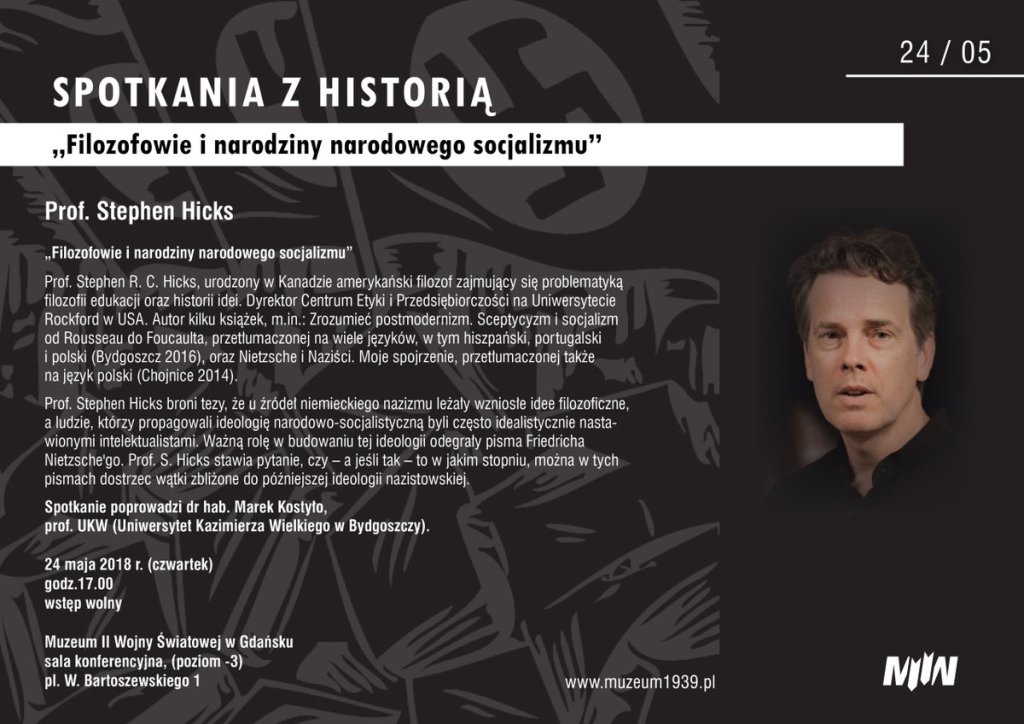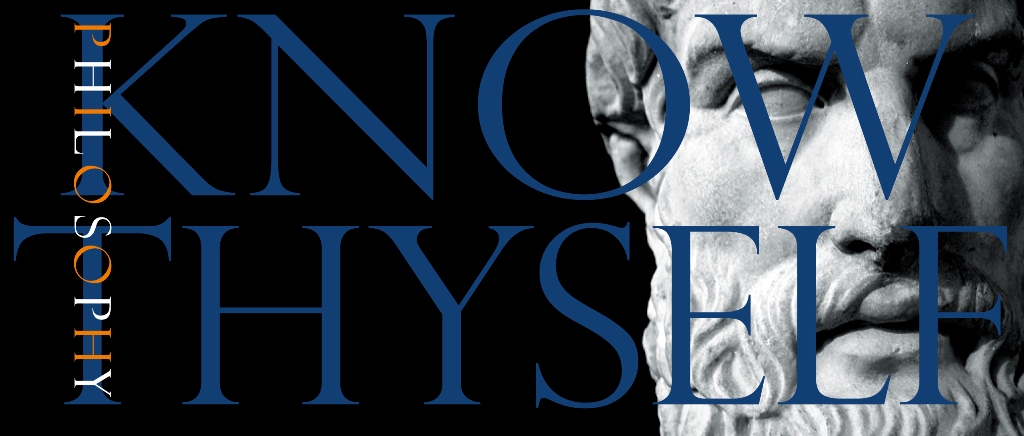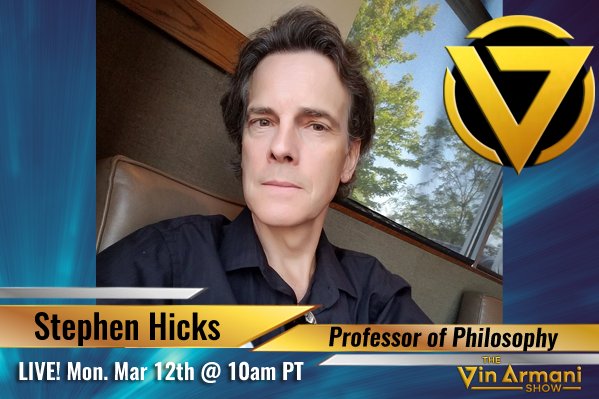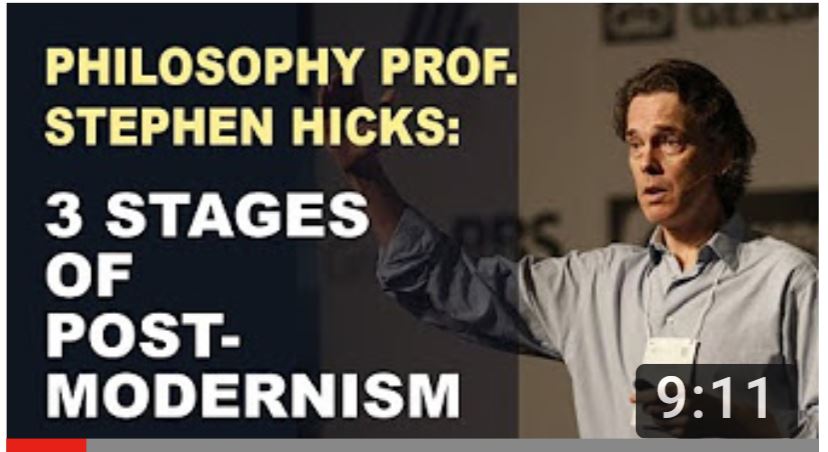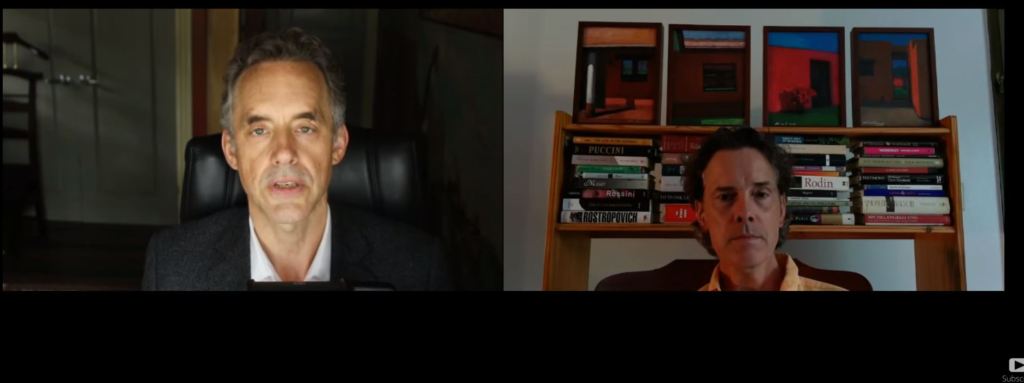Gdańsk talk: “The Philosophers and the Rise of National Socialism”
I’ll be giving a talk in Gdańsk, Poland, on Thursday May 24 at 5.30 p.m. My title is “The Philosophers and the Rise of National Socialism.” Thanks to Dr. Marek Szymaniak of the Museum of the Second World War in Gdańsk for the invitation to speak. My thoughts on one philosopher’s relationship to the Nazis […]
Gdańsk talk: “The Philosophers and the Rise of National Socialism” Read More »
